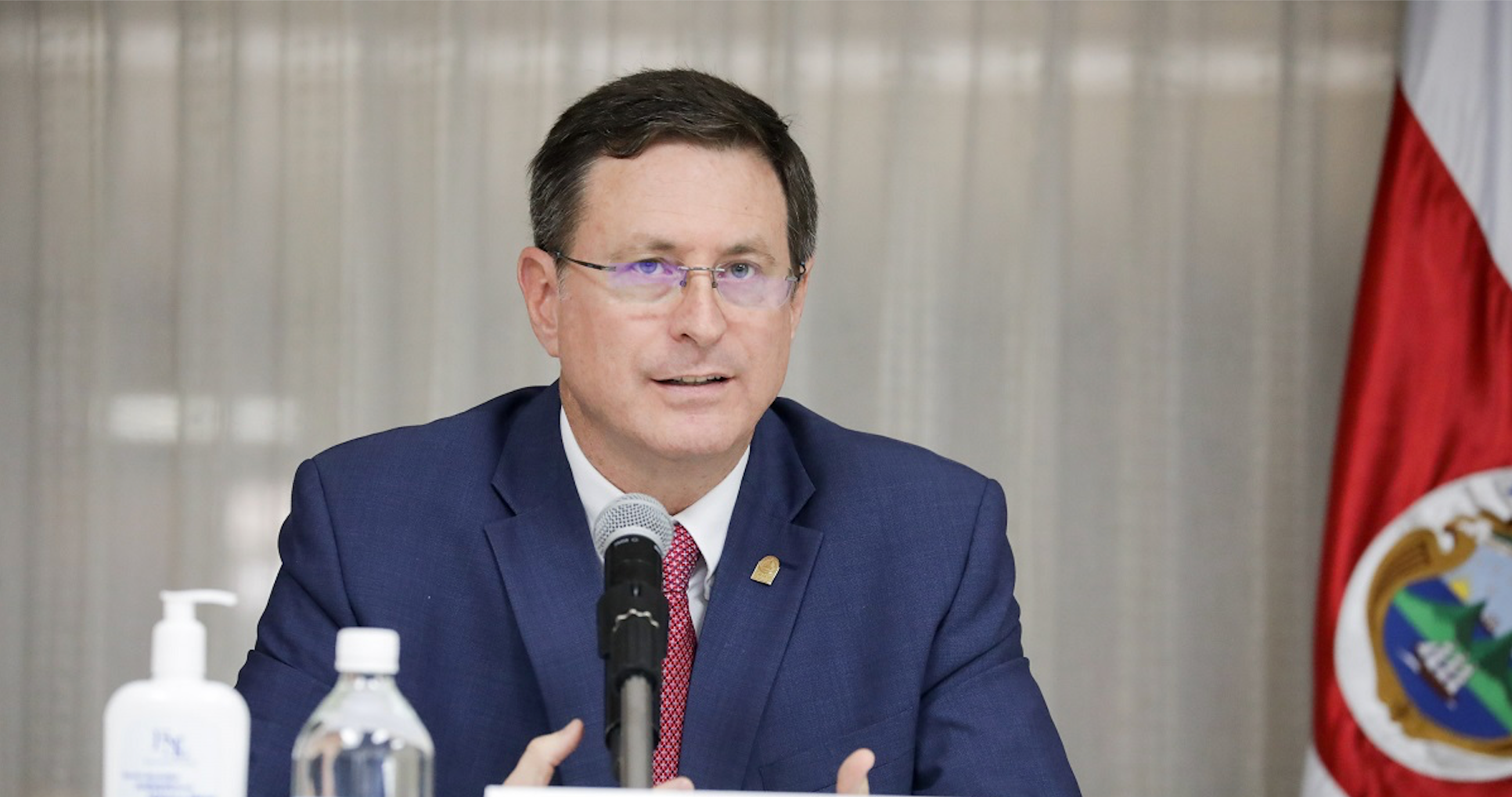GJIA: What are some significant ways in which Costa Rica has changed in the past decade?
RMH: To begin with, we have accelerated our economic transformation to an economy in which high-value services is one of the most dynamic sectors. A lot of these services are exported, but they can also be for visitors to Costa Rica. For example, ecotourism has boomed, and today we receive over three million tourists that come to visit our national parks, beaches, volcanoes, and so forth each year. On the political side, we’ve developed a more diverse political scene. We used to be a country with essentially two strong parties, and while there were other parties, they usually did not have a chance to win. Today, there are five or even six parties that might be contenders in any given election. I would say the economy and politics are two of the biggest changes.
How has Costa Rica’s lack of a military impacted development, given that you can allocate those resources to other sectors?
Having no military is essentially a peace dividend. Not spending the part of the budget that would normally go towards a military –which is expensive – has allowed us, in the years since 1948, to invest more in education and healthcare, both at a higher rate and more sustainably. As a result, we have good educational indices, with literacy rates above 97%, and good health indices, at the level of other developed countries. Both of those are in part made possible by not having a military.
How is Costa Rica being affected by climate change?
We have observed weather patterns changing significantly in the past few decades. We had never been hit directly by a hurricane until Hurricane Otto in 2016, which caused deaths, landslides, flooding, and the accumulation of a lot of mud. About a year later, we got hit by Tropical Storm Nate, which then became a hurricane and created massive flooding. It was the most devastating natural disaster that we have ever had. So as of two years ago, we can no longer say that we are off the hurricane path. We have also had some severe droughts, as well as periods of much heavier rain. As a result of this direct impact, we are a country that is very committed to mitigating climate change. We’ve been ambitious in reducing carbon emissions; our goal is to become carbon neutral as a country and, by the end of the century, to become a de-carbonized economy. Last year, we generated 99.7% of all of our electricity from renewable resources – one of the highest rates in the world – and we had over 300 consecutive days without burning any fossil fuels. We hope that the momentum achieved in signing the Paris Accords continues, because in Costa Rica, combating climate change is not a political issue, but rather a state policy.
What other issues do you think Costa Rica is currently facing?
We are on the pathway of the illicit trade of drugs produced in South America, which are making their way to the big markets, especially the United States. Most of those narcotics come through our Pacific waters, and because there are collaborators that get paid along the way, the cycle of peddling drugs and violence continues despite our best efforts. This is a big challenge that we are working to address, because we are unfortunately part of a global enterprise of drug flows that we can’t avoid.
Disclaimer: This transcript has been lightly edited for clarity and length.
. . .
Ambassador Román Macaya Hayes has served as Ambassador of Costa Rica to the United States of America since August of 2014. Prior to becoming a diplomat, Ambassador Hayes worked as a scientist, businessman, and politician, including representing Latin American interests in the World Health Organization (WHO), the Food and Agriculture Organization (FAO), and the World Trade Organization (WTO). Ambassador Hayes holds an MBA in Health Care Management from the Wharton School of Business at the University of Pennsylvania, a PhD in Biochemistry from the University of California, Los Angeles, and a BA in Chemistry from Middlebury College.

